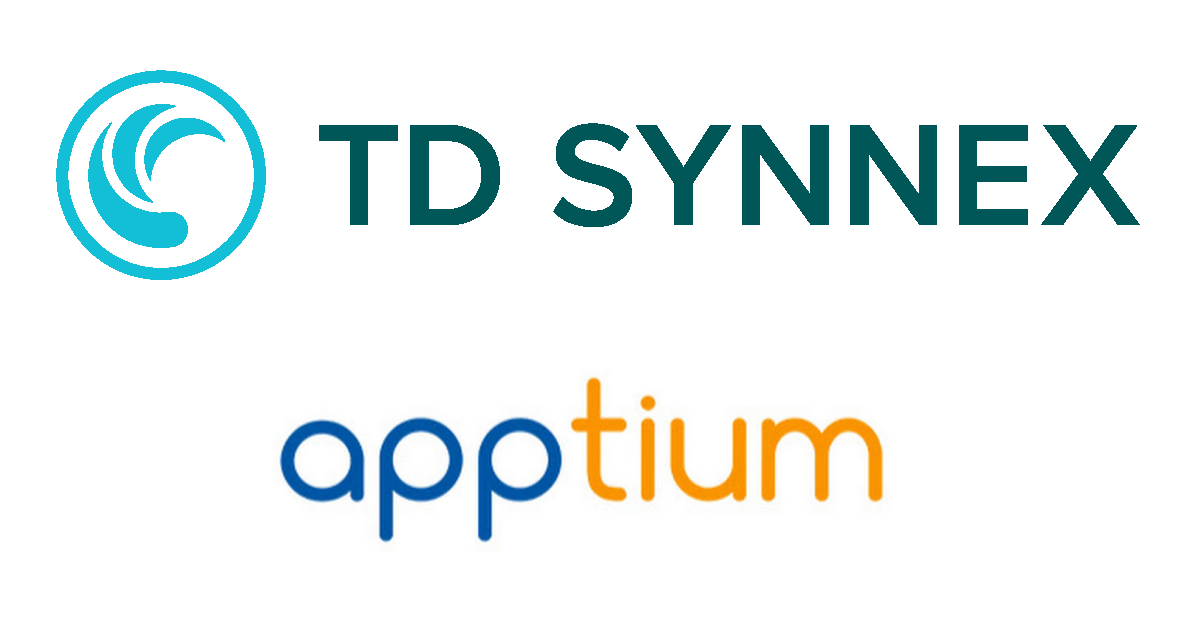If you take away the legal barriers that exist in adopting cloud computing technologies, investments in cloud would increase significantly, according to a new study of 650 IT managers.
The most commonly raised hurdles to investing more in cloud – reliability, privacy and safety – are all factors that that are highly impacted by legislation. The survey, which was commissioned by cloud and unified communications provider Mitel, revealed that more than half of European IT managers (57 percent) agree with the statement that easing legal barriers would stimulate investment.
The numbers are particularly high in the Netherlands (70 percent), U.K. (67 percent), Italy (66 percent) and Belgium and Luxembourg (56 percent), while respondents from Germany and Scandinavia think legislation has less impact on investment decisions, according to Gijs Borsboom, sales director Northern Europe at Mitel.
“It is great to know that so many respondents see cloud-based communications as the future and that they expect to see clear benefits from this. Given that the technology is reasonably new and at the start of the product life cycle, we were interested in learning from IT managers which factors are preventing them from moving their communications into the cloud,” Borsboom said in a statement. “The results show that taking away or easing legal barriers around such factors as reliability, privacy and safety could stimulate investment significantly.”
The findings of the report echoes sentiments made by Neelie Kroes, vice president of the European Commission responsible for the Digital Agenda, who said that if legal barriers were removed, virtually every company would increase or start investment in the cloud, opening the door to significant economic and job creation benefits across Europe.
According to recent findings released by the EU Commission, a greater take-up of cloud computing could lead to the creation of 3.8 million jobs overall, as it makes access to IT services easier for smaller companies. However, to achieve this, the EU must tackle regulatory and other policy barriers surrounding cloud services.
Considering the rapid adoption of cloud services in the European Union, Kroes said cloud computing could boost the European Union’s gross domestic product by $205.96 billion annually by 2020.
Edited by
Rachel Ramsey






